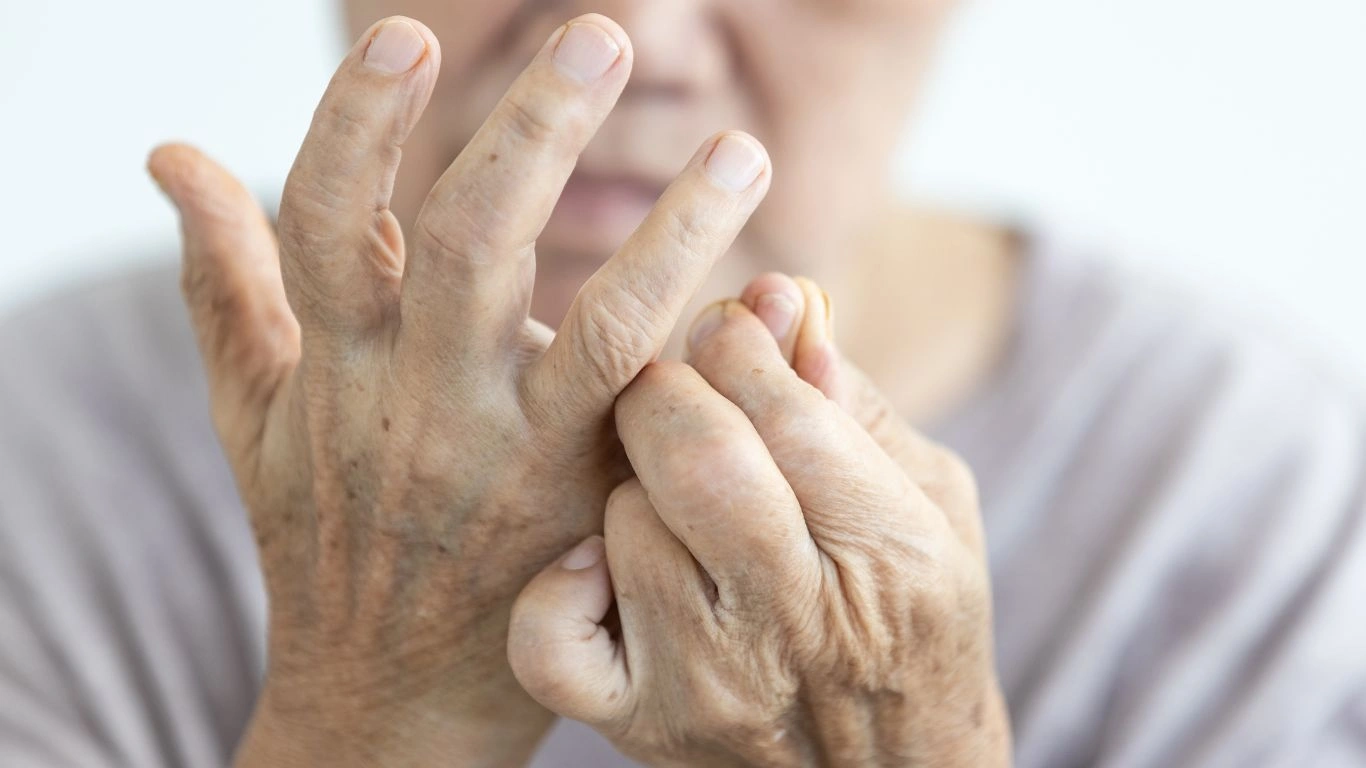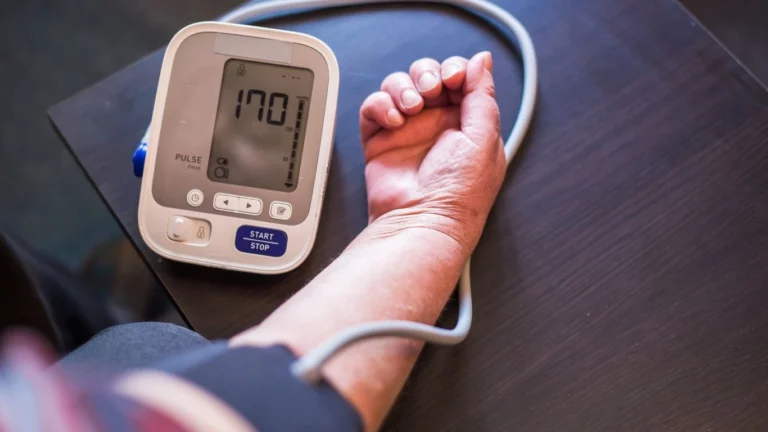Rheumatoid Arthritis and Its Effect on Your Mood: Understanding the Connection and How to Manage It
If you’re living with rheumatoid arthritis (RA), you probably know that it’s not just about the pain in your joints. RA is a beast that goes beyond the physical symptoms, and one of the areas that often gets overlooked is how it messes with your mood. Rheumatoid arthritis and its effect on your mood is something I see a lot in my practice, and trust me, it’s real.
It’s not uncommon for people with RA to feel down, anxious, or even angry at times. I get it. When your body feels like it’s constantly fighting against you, it can really take a toll on your mental health. From dealing with chronic pain to coping with the limitations RA imposes on your daily activities, it’s no surprise that mood changes happen. But here’s the good news: There are ways to manage it, and you’re not alone in this!
How Rheumatoid Arthritis Affects Your Mood: More Than Just Pain

RA Is Not Just About Joint Pain
Rheumatoid arthritis is an autoimmune disease where your immune system mistakenly attacks your joints. Over time, this can lead to pain, swelling, stiffness, and eventual joint damage. But the physical discomfort is just one side of the coin. The emotional toll can be just as intense.
I’ve had plenty of patients tell me how difficult it is to stay upbeat when you’re constantly in pain. It’s tough to stay positive when your body is telling you to slow down, and your joints are feeling stiff or swollen. When you’re in a flare-up, everything seems harder, and it’s easy for negative feelings to creep in.
It’s All About the Mind-Body Connection
Here’s the thing: RA doesn’t just impact your joints. It affects your whole life, including your mood. When pain is chronic, it can trigger a range of emotions—frustration, sadness, anger, even hopelessness. You’re tired of dealing with it, and at times, it can feel like it’s just not worth the fight anymore.
Over time, this emotional strain can lead to more serious mental health challenges, like depression and anxiety. I’ve seen it in my own practice. There’s this feedback loop where the pain causes emotional distress, which in turn makes the pain feel worse. It’s exhausting!
Troubleshooting Common Mood Issues in RA Patients

1. Pain Flare-ups and Mood Swings
I’m sure you’ve experienced this: Your RA flare-up starts, and not only do your joints feel worse, but your mood starts to spiral too. When pain is at its peak, it can be hard to hold onto any sense of calm. You might feel agitated, snappy, or downright frustrated, and that’s totally understandable.
Solution: First things first, it’s essential to manage your pain during flare-ups. This can involve medications (NSAIDs, biologics, or steroids), physical therapy, or even rest. But don’t forget about emotional support too. Sometimes just talking to someone who gets it—like a therapist or someone in an RA support group—can make a huge difference. Venting your frustrations can lighten your emotional load.
2. Medication and Mood Changes: The Unspoken Side Effects
When you’re treating RA, you’re probably using medications that manage inflammation and pain. But have you noticed how some medications (like steroids) can cause mood swings? You might go from feeling fine to suddenly being irritable or anxious. It’s pretty common, but it doesn’t mean you’re losing control.
Solution: Keep track of how different medications make you feel, and don’t be afraid to talk to your doctor about it. Sometimes adjusting the dose or switching medications can help reduce those mood swings. It’s all about finding a balance that works for you.
3. The Struggle with Social Isolation
It’s tough when RA limits what you can do. Maybe you can’t join your friends for a hike, or you have to cancel dinner plans because your joints are flaring. The more you withdraw from your social circle, the worse your mood can get. Social isolation often leads to feelings of loneliness, and we know that loneliness is a major factor in mental health struggles.
Solution: One of the things I always recommend is finding creative ways to stay connected. Virtual hangouts, online support groups, or even a simple phone call with a friend can make all the difference. And hey, it’s not about doing everything you used to do; it’s about finding new ways to be present in your relationships, even if that means staying in on a Friday night.
Real-Life Stories: Coping with RA and Mood

Case Study 1: Sarah’s Journey with Depression and RA
Let me tell you about Sarah, a patient who really stands out. Sarah had been battling RA for years, and she was struggling—not just physically, but emotionally too. Her joint pain kept her from doing the things she loved, and it led to a significant drop in her mood. Over time, she became more withdrawn, feeling like her world was getting smaller.
We started working on a more holistic approach—adjusting her medications, adding some physical therapy, and, most importantly, addressing her mental health. I recommended that she start seeing a therapist to work through some of her feelings of frustration and sadness. Sarah also began journaling and practicing mindfulness. It wasn’t an overnight fix, but over time, she noticed a huge improvement. Her pain was more manageable, and her mood lifted.
Case Study 2: James’s Experience with Stress and RA
Now, James is a guy who really struggled with stress. His RA flares were unpredictable, and the anxiety about not knowing when the next flare would hit only added to his emotional burden. One day, during a particularly stressful time, he started practicing deep-breathing exercises and meditation. It wasn’t easy at first, but he stuck with it.
After a few months, James noticed a shift. Not only was he managing his stress better, but he also found that his pain seemed a little less intense. He said the mindfulness practice helped him to stay calm when things felt out of control, and that mental shift made a big difference in how he handled the physical challenges of RA.
Key Takeaways: Managing Your Mood with RA

- Acknowledge the Connection: Understanding that RA impacts both your body and your mind is the first step in managing your emotional health. Your pain and mood are intertwined, and addressing both is key to feeling better overall.
- Pain Management is Essential: Effective pain management is the cornerstone of keeping your mood in check. Work closely with your healthcare provider to find the best treatment plan for you, whether that includes medications, physical therapy, or lifestyle changes.
- Mental Health Matters: Don’t shy away from seeking emotional support. Whether it’s through therapy, support groups, or mindfulness practices, taking care of your mental health is just as important as managing your physical symptoms.
- Social Connection is Vital: Staying connected with others—even when it feels hard—can help lift your spirits and reduce feelings of isolation. Reach out, stay involved, and lean on your support system.
FAQs About Rheumatoid Arthritis and Its Effect on Your Mood
- Does RA cause depression? Yes, the chronic pain and limitations caused by RA can lead to depression, especially if you’re struggling to manage the emotional toll.
- How can I manage stress with RA? Try relaxation techniques like deep breathing, meditation, or yoga. They can help reduce the stress that comes with RA flare-ups.
- Are there medications that help with mood in RA? Some medications, like antidepressants or mood stabilizers, may be prescribed if you’re struggling with depression or anxiety due to RA.
- Can RA affect my sleep and mood? Absolutely. Pain and discomfort from RA can make it hard to get a good night’s sleep, which can further affect your mood.
- What’s the first step in managing RA and mood? Start by acknowledging the impact RA has on both your body and mind. Then, work with your doctor to create a comprehensive plan that addresses both physical and emotional health.
Appendix: References, Disclaimer, and Call to Action
- References: Healthline on Rheumatoid Arthritis, Rheumatoid Arthritis.org
- Disclaimer: This article is for informational purposes only and should not be considered medical advice. Always consult a healthcare professional for diagnosis and treatment.
- Call to Action: If you’re dealing with the emotional challenges of RA, don’t hesitate to reach out for support. Whether it’s from a doctor, therapist, or support group, you don’t have to navigate this journey alone!

Tarra Nugroho is a dedicated Nurse Practitioner with a strong foundation in family and preventive care. She brings both compassion and clinical expertise to her practice, focusing on patient-centered care and health education. As a contributor to Healthusias.com, Tarra translates medical knowledge into clear, empowering articles on topics like women’s health, chronic disease management, and lifestyle medicine. Her mission is simple: help people feel seen, heard, and informed—both in the clinic and through the content she creates. When she’s not caring for patients, Tarra enjoys weekend hikes, plant-based cooking, and curling up with a good health podcast.







